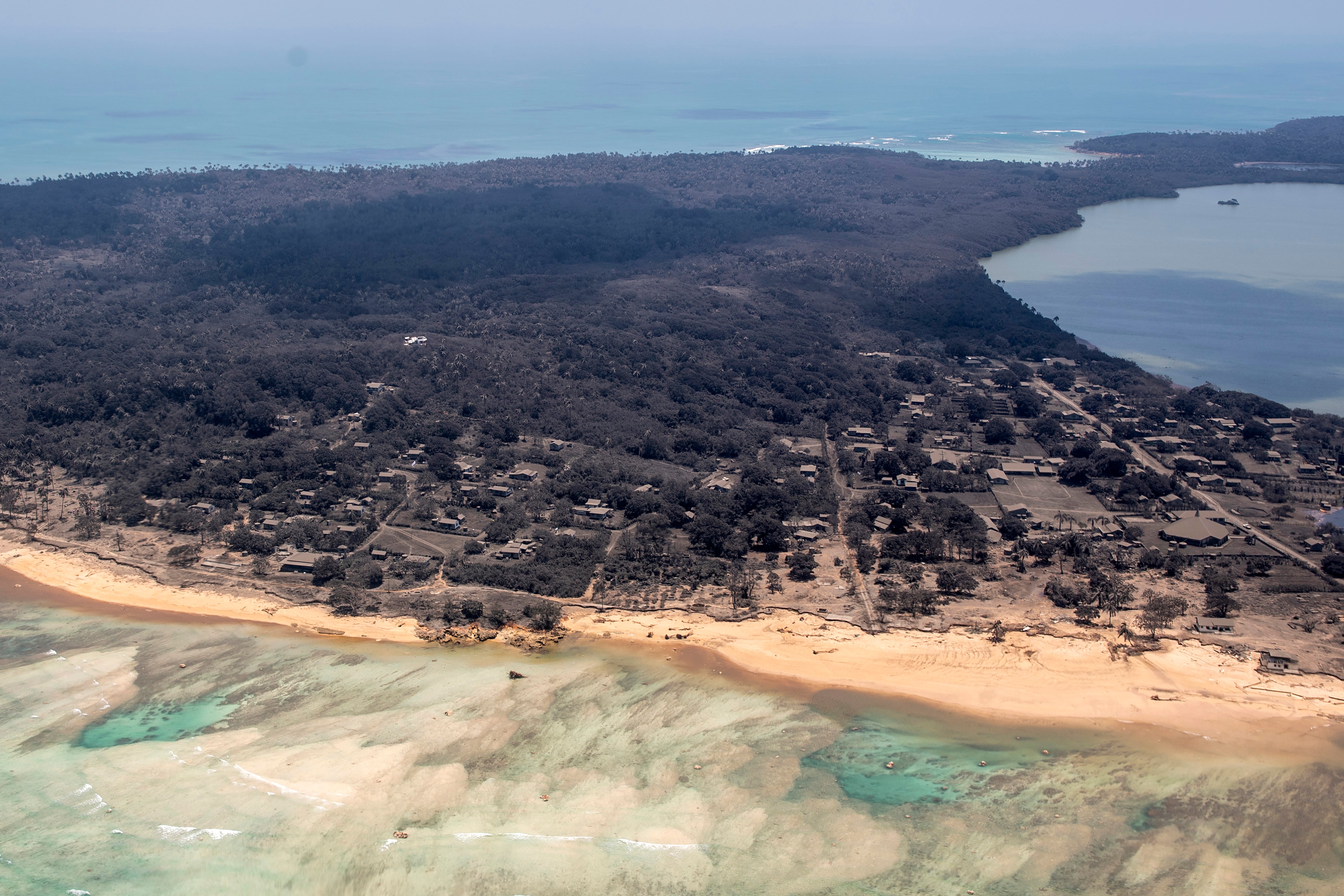Our natural disaster planning is inadequate – we need to learn from tsunami-struck Tonga
Letters to the editor: our readers share their views. Please send your letters to letters@independent.co.uk

When faced with natural disasters such as the tsunami and volcanic ash fall on the Tonga islands, it is understandable that the human response is to rush in help for those affected. And credit goes to the New Zealanders and Australians in particular for their humanitarian aid.
It is equally understandable that those directly affected by disaster will wish to restore the living that they knew. After all, home is precious and there will seem to be no alternative. Yet, we are told that the ash fall on some of the islands will mean agriculture is compromised and that the people will require food aid for years to come.
Add to this that sea-level rise is inexorable because of global warming and that this will cause both salinisation of groundwater and eventual inundation of many of the low-lying islands, questions need asking about the short- and medium-term sustainability of disaster policies.
Join our commenting forum
Join thought-provoking conversations, follow other Independent readers and see their replies